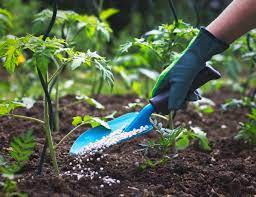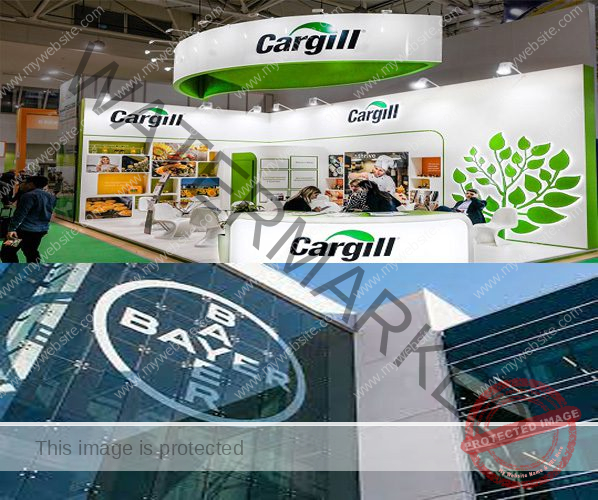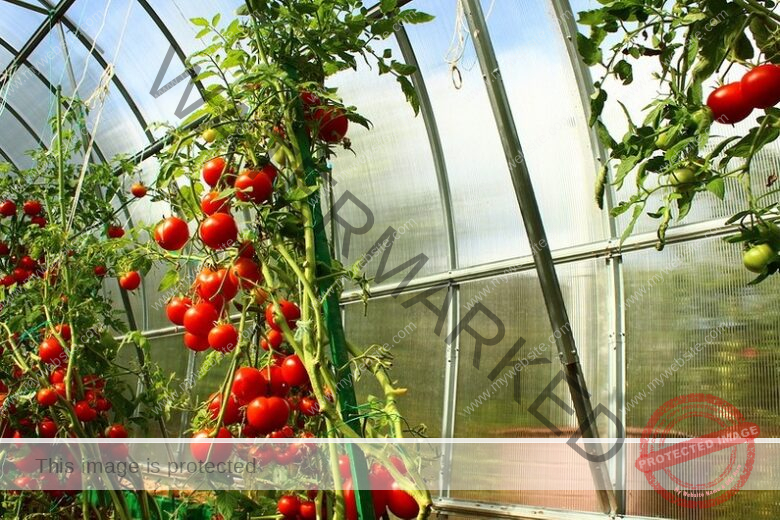Uganda is home to a wide variety of bean crops, including cowpeas, soybeans, groundnuts, broad beans and chickpeas. For the best yields, farmers need to use the right fertilizers. Knowing what fertilizers are best for beans in Uganda can help farmers get the most out of their crop. The Best Beans Fertilizer In Uganda is the organic waste or compost.
15 Best Fertilizer For Beans in Uganda
1. Organic Waste Disposal
Beans thrive in organic compost because it contains slow-release nutrients. You can use things like grass clippings, leaves, and food waste to make it. It’s also rich in bacteria and fungi that contribute to good soil health.
Read Also: 15 Best Beans Fertilizer In Nigeria [Organic & Inorganic]
2. Fish Ink
Beans benefit greatly from using fish emulsion as a fertilizer because of the abundance of macro- and micronutrients it supplies. It can be applied in either a liquid or granular form, and is derived from fish oils.
Read Also: 15 Best Beans Fertilizer In Ghana [Organic & Inorganic]
3. A Blood Meal
As a rich supply of nitrogen, blood meal is ideal for feeding beans. It’s a granular or liquid fertilizer that’s generated from byproducts of the meat processing industry.
4. Bone Meal
Beans need phosphorus, and bone meal is an excellent supply. It is a granular or liquid fertilizer that is produced from animal bones.
Read Also: 21 Best Fertilizer For Beans Farm [Organic & Inorganic Fertilizer]
5. Green Sand
Potassium-rich green sand is ideal for bean cultivation. This fertilizer, derived from volcanic rock, comes in both granular and liquid forms.
6. Epsom Salt
Beans benefit greatly from the magnesium content of Epsom salt. Created from magnesium sulfate, it serves as a liquid fertilizer.
7, Vegetables and Fruits
Beans get many of the essential elements from their plant-based diet. You can use it as a granule or mix it with water; it’s created from all-natural materials including fish meal and kelp meal.
8. Soybean Meal
Beans need nitrogen, and soybean meal provides plenty. This fertilizer, derived from soybeans, can be applied in either granular or liquid form.
9. Cottonseed meal
Beans benefit greatly from the nitrogen content in cottonseed meal. This cottonseed-based fertilizer comes in both granular and liquid forms.
10. Alfalfa Meal
The nitrogen, phosphate, and potassium in alfalfa meal are excellent for bean growth. It’s an alfalfa-based fertilizer that comes in both granular and liquid forms.
11. Phosphate Rock
Beans can get all the phosphorus they need from rock phosphate. Both granular and liquid forms of this fertilizer—made from phosphate rock—are available.
12. ASH, WOOD
Beans can get a lot of the potassium they need from wood ash. It is a versatile fertilizer that may be applied either as a granule or a liquid and is produced from the ash of burned wood.
13. Extract from Seaweed
Beans can benefit greatly from the vitamins found in seaweed extract. Essentially a liquid fertilizer, it is derived from seaweed.
14, Castings from worms
The micronutrients in worm castings are ideal for bean growth. Worm castings are the primary ingredient in these fertilizers, which are available in both granular and liquid forms.
15. Inoculants, or Microorganisms
Beneficial bacteria and fungi, together known as “microbial inoculants,” can enhance soil quality, nutrient availability, and crop yields.
How To Select Best Beans Fertilizer In Uganda
The first step in determining the best fertilizer for beans in Uganda is to consider the soil type. Beans prefer well-drained, loamy soils with a pH of 6.0-7.0.
Soils with a higher pH may need to be amended with lime or sulfur to lower the pH. The soil should also be tested for nutrient levels to determine how much fertilizer is needed.
Organic fertilizers, such as compost and manure, are a great choice for beans in Uganda. Compost will add organic matter to the soil and make it more fertile, while manure will provide additional nutrients. Both can be applied before planting or in-season.
Inorganic fertilizers are also an option for beans in Uganda. Nitrogen, phosphorus, and potassium are essential for bean growth, and a balanced fertilizer with these three elements is best.
Potassium sulfate is a great choice as it contains both potassium and sulfur, which can improve the soil’s structure and fertility. It can be applied in-season or at planting.
Finally, it is important to use a fertilizer that is tailored to the specific crop. There are several fertilizers available specifically designed for bean crops, such as nitrogen-fixing fertilizers or fertilizers that can increase the nitrogen content in the soil.
Conclusion
In conclusion, the best fertilizer for beans in Uganda depends on the soil type and the specific crop. Organic fertilizers, such as compost and manure, are a great choice for beans as they can improve soil fertility.
Inorganic fertilizers, such as potassium sulfate, can also be used to supplement nitrogen, phosphorus, and potassium levels. Finally, it is important to use a fertilizer that is tailored to the specific crop. With the right fertilizer, farmers can maximize their yields and get the most out of their bean crops.




